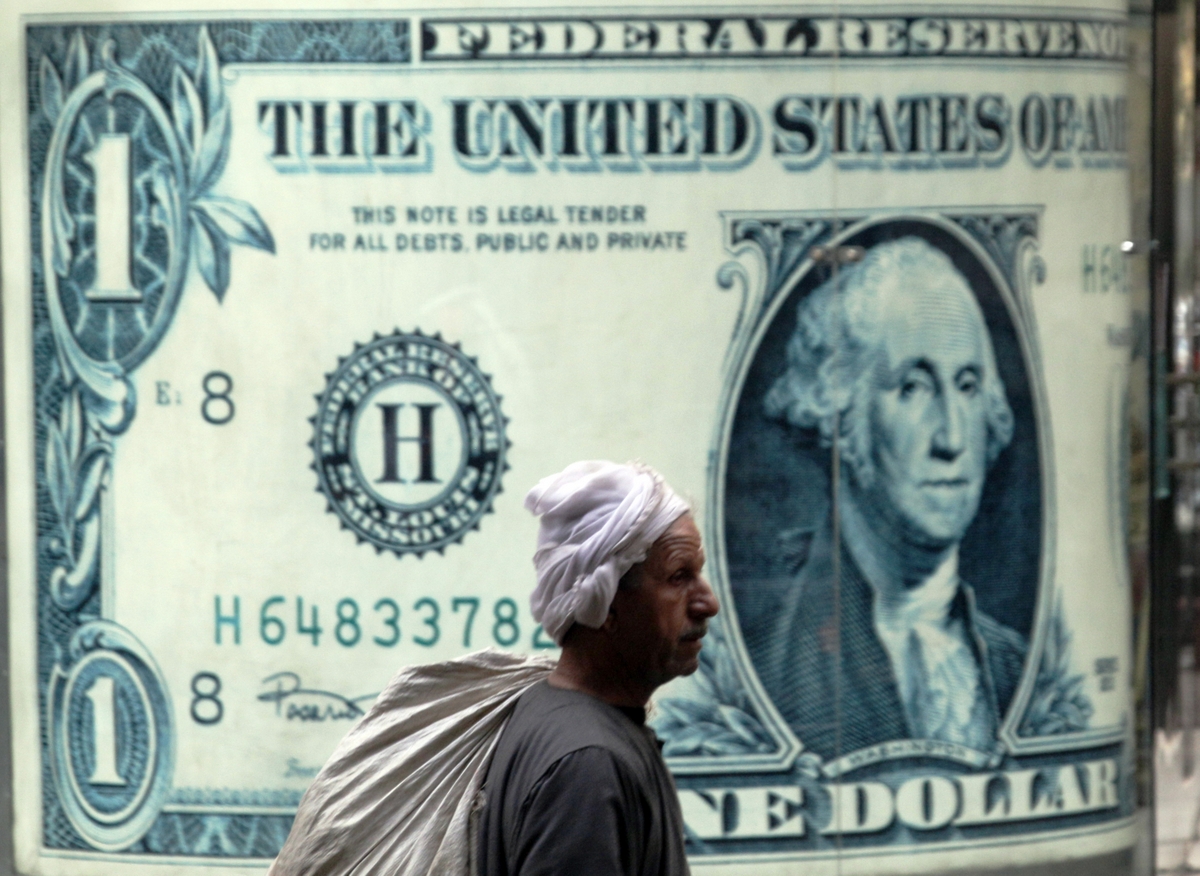Tarek Amer, governor of the Central Bank of Egypt (CBE), said that the board of directors of the CBE will discuss on Monday the draft banking law in its final form, in order to prepare to send it to the State Council, the cabinet, and parliament to approve it. Afterwards, it will be sent to the president.
Amer said that when enforcing the law begins depends on the amount of time needed for it to be discussed and studied by the aforementioned bodies.
He noted that after issuing the law, no individual will be able to occupy key positions in banks before obtaining the approval of the CBE, in order to tighten the supervision of banks and activate the rules of governance in the administration.
With these strict rules in the new banking law, the CBE aims to eliminate corruption in the banking field and guarantee banks’ funds are utilised in a way that serves the public interest, according to Amer.
Amer’s statements came on the sidelines of his participation in the Arab banking conference held in Cairo under the title of Financial Technology Innovations and the Future of Banking Services.
The recent period has seen changes in the boards of directors of about 12 Egyptian banks, as well as changes in the executive administrations of nine banks, without anyone noticing such changes, according to Amer.
On a different note, he announced that Kuwait has preliminary agreed to renew $4bn deposits to Egypt.
Amer stressed the strength of the Egyptian banking sector, revealing that the value of the sector’s assets has reached EGP 5tn.
“Foreign debt is increasing, but we are using loans to establish development projects beneficial for citizens,” Amer said. He added that the reduction in the deficit in the balance of payments reached 64% after enforcing the banking reform project. The deficit ranges from $6bn to $7bn, compared to $20bn previously.
He added that this deficit could easily be funded through direct foreign investments, foreigners’ investments in the Egyptian Exchange, foreign loans, and other means.
Continued on page 3.




